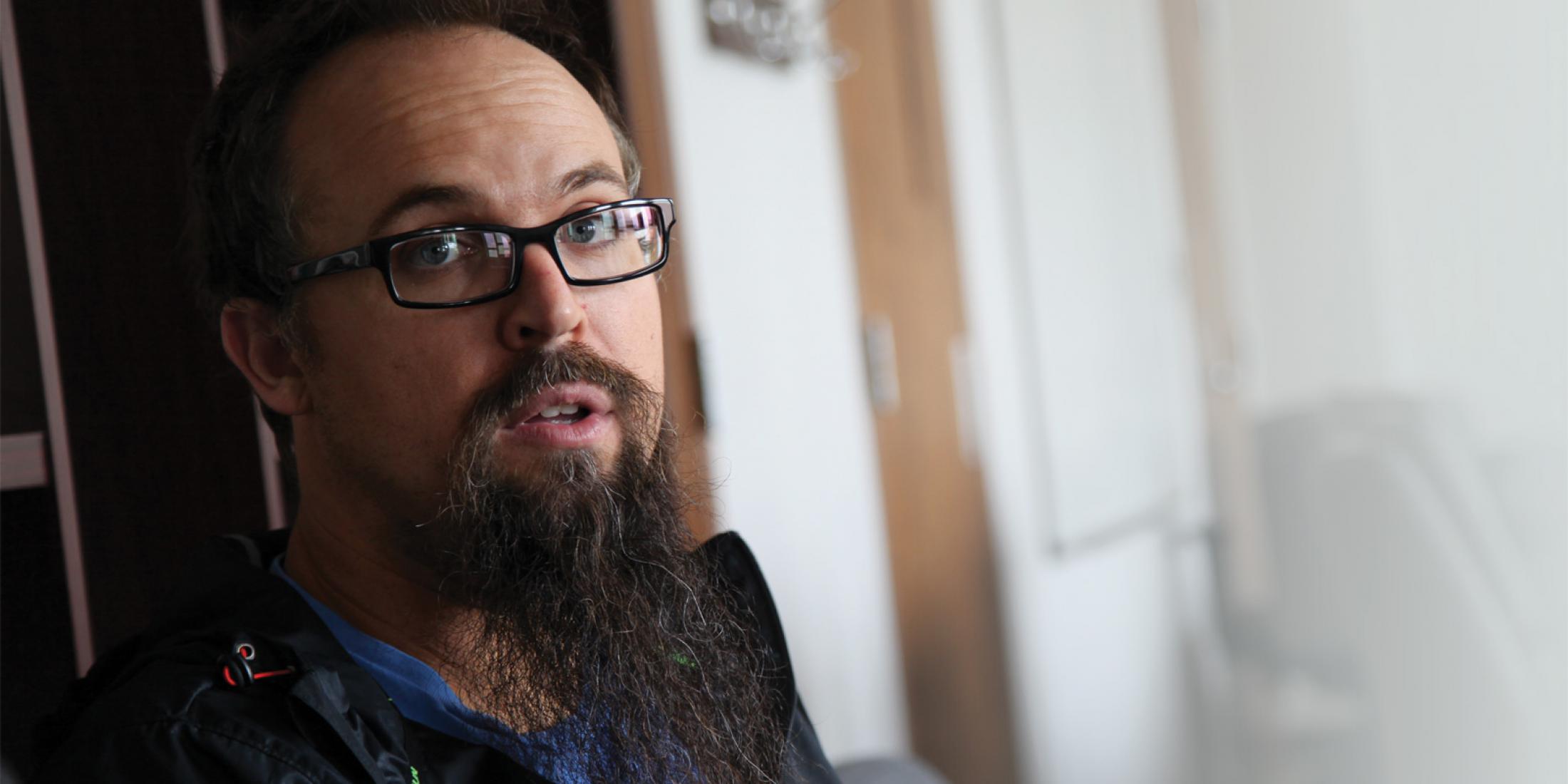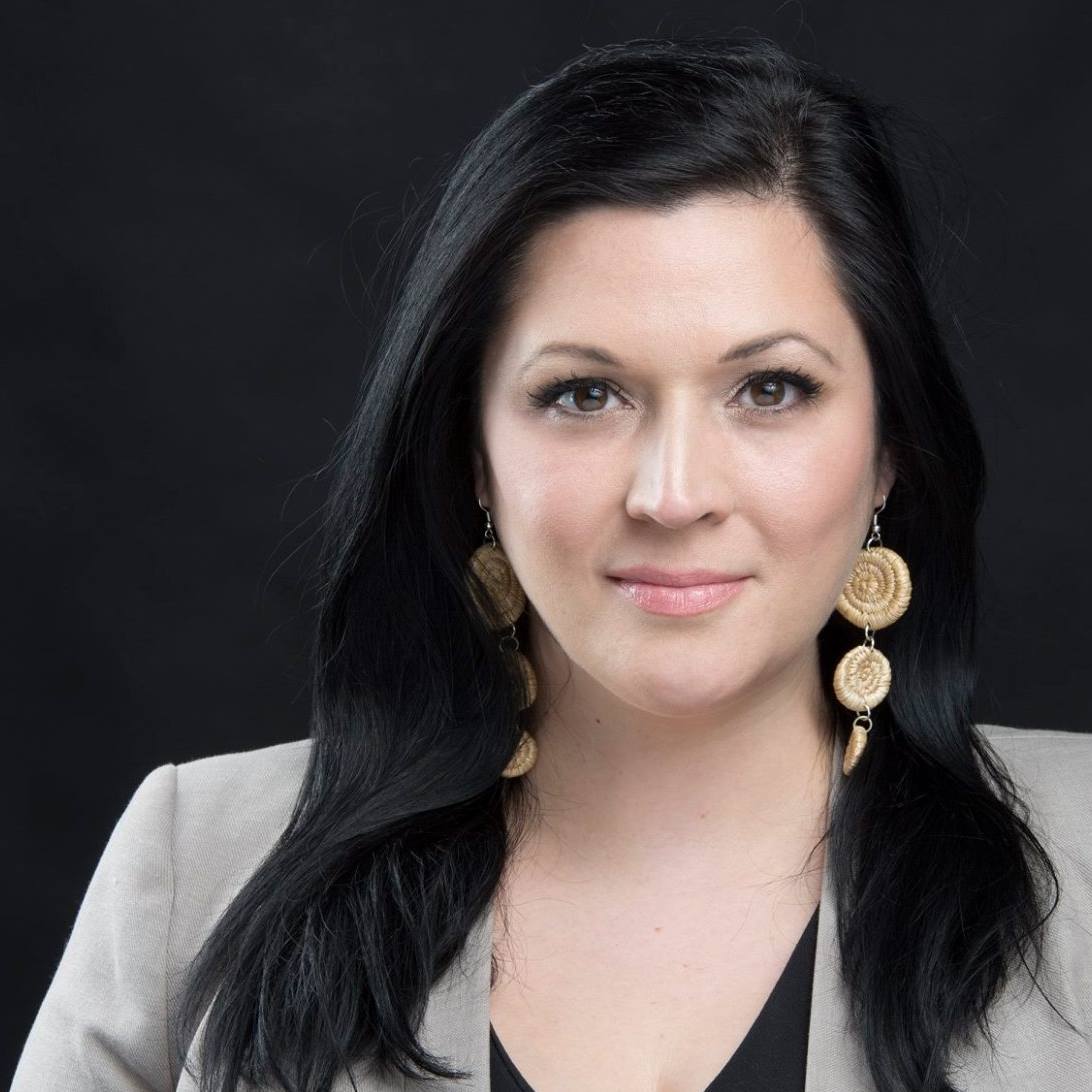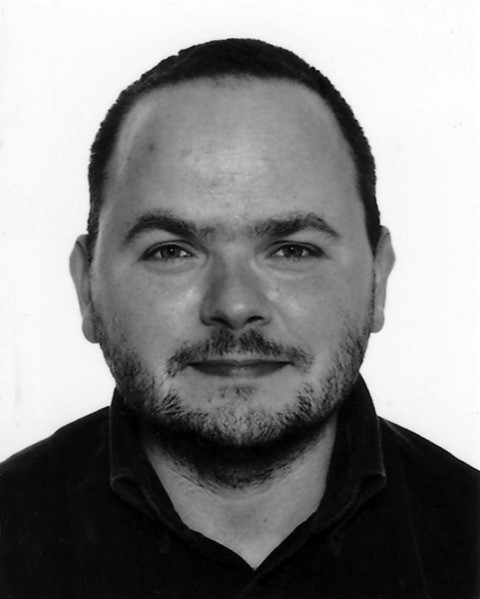
This panel thinks through environmental justice as both a concept and a practical reality of 'making exhibits.' We are interested in global and translocal mobilisations for environmental justice, so as to honor longer histories of such efforts in recent concerns around the A/anthropocene. We attend especially to how environmental precarities are unevenly distributed across class and race. In relationship to these concerns, we ask: Which sources of wisdom exist and have existed in our presences as workers of the ethnnographic museum? What knowledge does the museum often ignore in its inability to understand how such knowledge is not just pertinent, but crucial to what is perceived as the recent degradation of the planet's environment? How have communities, which have undergone ongoing threats from economic expansionism, from colonialism to the present day, coped? Over the centuries, how have they found ways of being in the world in ways that address the injuries done to them and their environment?




